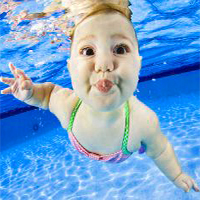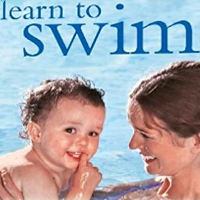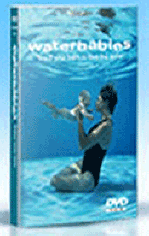Toddler drowning in domestic swimming pools

Australia
Aims To identify how toddlers who drowned gained access to private swimming pools; to recommend preventive strategies to reduce the incidence of toddler drowning and near drowning.
Method The study reviewed critically all completed investigations into the drowning deaths of toddlers aged 14 years reported to the state coroner (n=33) as a result of unintentional submersion incidents in domestic swimming pools in Victoria, Australia,from 1 January 1992 to 31 December 1997.
Results There was a predominance of 1 year olds, and boys.Forty six per cent of the children drowned in the three summer months. The majority of pools were in-ground; most were located on the child’s home property. Over half the pools lacked fencing of any kind; of those that did have fences, only three appear to have met Australian standards.
Conclusions More than half of the children studied drowned in unfenced pools and spas. In not one case did a child gain unaided access to a pool fitted with a fully functional gate and fence that met the Australian standard. Where children gained access to fenced pools, the majority did so via faulty or inadequate gates, or through gates that were propped open. This finding highlights the need for pool owners to install Australian standard approved fences and gates, and to maintain existing fences and gates regularly. Door locks and supervision were inadequate primary prevention strategies.

 <————- This is me on holiday in Tenerife 2003.
<————- This is me on holiday in Tenerife 2003.



 Forget the floats. If you bought them to make them feel safer in the water, the experts do not recommend them. Not only can it give them a false sense of security, but they will also adopt an incorrect way of staying afloat, as it makes them take a vertical position in the water when they need to be able to stand horizontally. If you are already used to swimming with them, it will be difficult to take them off. If you want your child to learn to swim more easily, try these water games:
Forget the floats. If you bought them to make them feel safer in the water, the experts do not recommend them. Not only can it give them a false sense of security, but they will also adopt an incorrect way of staying afloat, as it makes them take a vertical position in the water when they need to be able to stand horizontally. If you are already used to swimming with them, it will be difficult to take them off. If you want your child to learn to swim more easily, try these water games:


